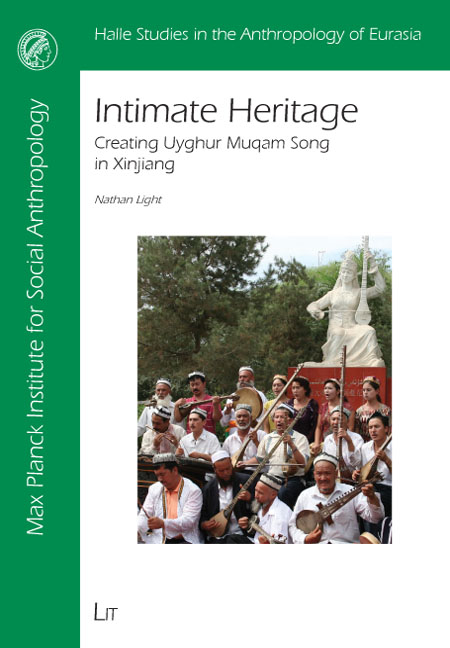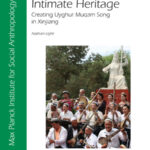Beschreibung
Over the past fifty years a project of culturally reflexive ethnic self-definition has transformed the Sufi poetry of the Uyghur muqam song tradition into a cultural canon used to represent the Uyghur ethnic group within China and on world stages. This book compares the cultural materials, skills, and contexts of traditional muqam performance with those of the `modern’ repertoire. Uyghur editors -politicians, scholars, and musicians -have revised this repertoire and created historical discourses around it that reflect new concepts of nationhood and ethnicity. In the muqams they have created a public representation used to promote Uyghur claims to an original, autochthonous piece of world cultural history and a dignified, shared identity. Light’s ethnographic study of cultural reflexivity breaks new ground in understanding how the editing project relates to the ethnic politics of cultural intimacy around Sufism, gender, love, oral performance, language, and poetry.
Nathan Light is a senior researcher at the Max Planck Institute for Social Anthropology (Halle/ Saale), where he is researching kinship and village social life in Kyrgyzstan. He has held a post-doctoral position at Miami University (Oxford, Ohio), and taught anthropology and history in the U.S., Kyrgyzstan and Turkey.


 Download
Download 